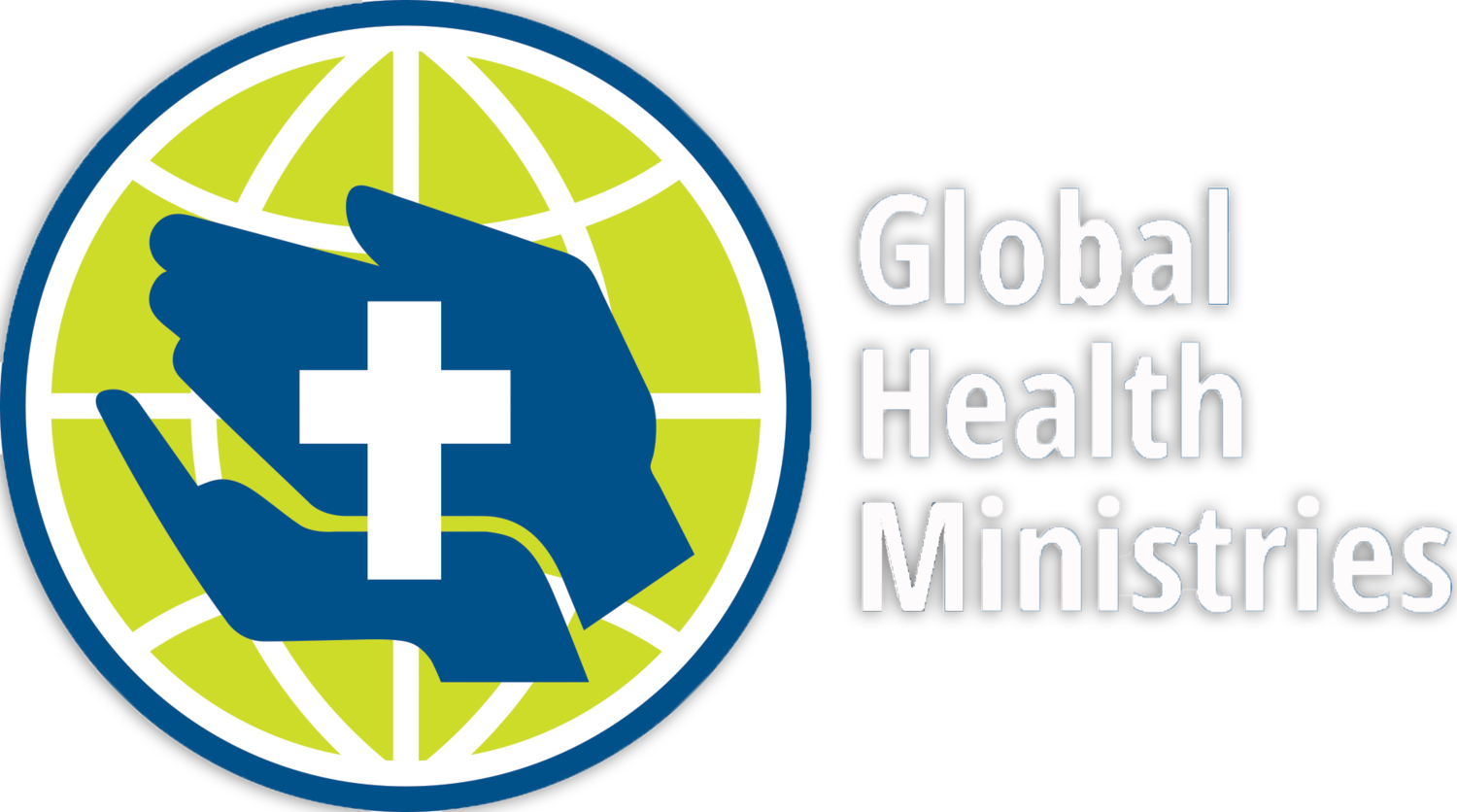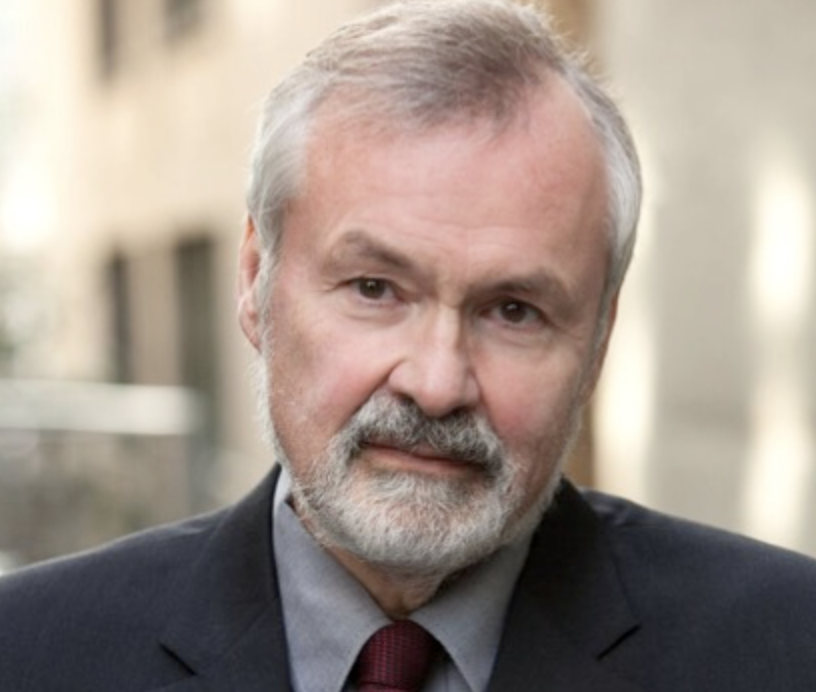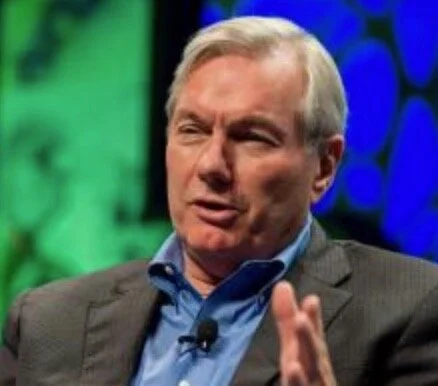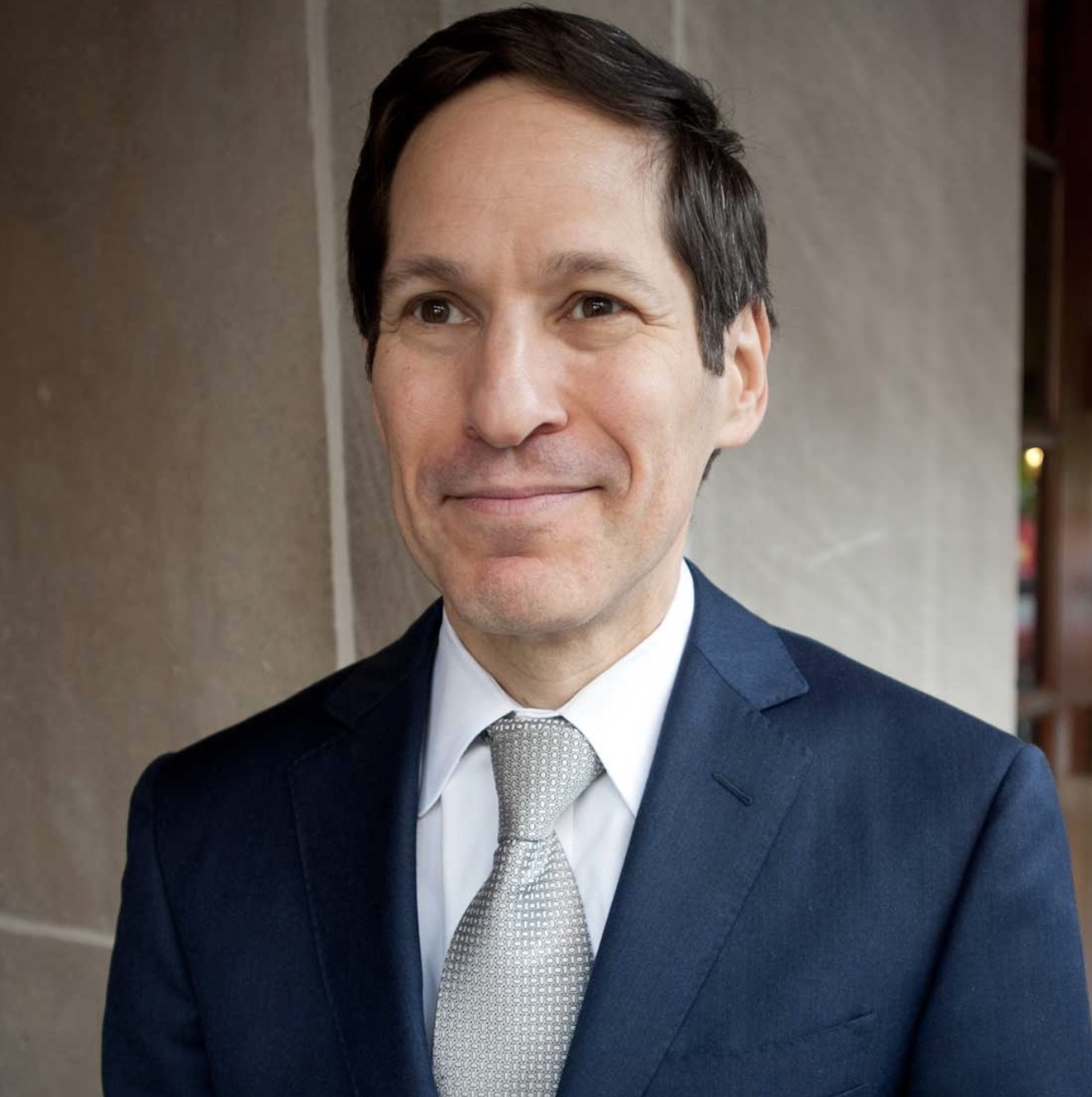Annual Conference 2020
COVID-19: Lessons & Innovations from Around the World
Over three days In October, 2020, Global Health Ministries invited several panels of experts to reflect with us on the impact of the COVID-19 pandemic, as well as the implications for GHM and our mission. Recordings of each of the three sessions follow …
First, we took A Look Back as we considered how GHM partners have been challenged by COVID-19, and how they are adapting. Most Rev. Musa Panti Filibus, PhD, Archbishop of the Lutheran Church of Christ in Nigeria (LCCN) and President of The Lutheran World Federation (LWF), opened us in prayer and shared gratitude for “the gift of our friendship and partnership,” and the important impact of GHM and the LCCN working together, especially for rural communities in Nigeria. After the opening prayer, health leaders from Madagascar, Nigeria and Tanzania shared their perspectives on the COVID situation in their countries as we were joined virtually by Dr. Sahondra and Mr. Emmanuel Sabiya, CEOs of Lutheran health systems in Madagascar and Nigeria, and Dr. Paul Mmbando, Health Services Director for the ELCT in Tanzania. As they looked back from their October perspective, 40 weeks into the pandemic, they each shared a sense of unpreparedness when the coronavirus first emerged in their countries, and concern about the indirect effects of the pandemic as people avoided hospitals and malaria and malnutrition rates increased, for example.
Lessons learned through their experience with COVID-19 included the importance of preparedness, and also working with their teams, with the government and directly with people in communities to improve health. Mr. Sabiya noted that the primary means of communication for the Nigerian government is radio and television, but most people in Nigeria, especially in rural areas, don’t have access to those media so many people weren’t getting good information. Tapping into the network of LCCN pastors who work directly with congregations was a more effective way to reach people. Networks of Community Health Workers – programs supported by GHM - were also an effective way of reaching people with information and supplies in each of these partner countries.
On Day Two we heard from George Halvorson, Chair and CEO of the Institute for InterGroup Understanding. Along with Jennifer Wenborg from HealthPartners, Mr. Halvorson helped us take A Look Around, as we considered how global health leaders and innovative partnerships are being developed. Mr. Halvorson has served as CEO of several health care delivery and financing organizations, including Kaiser Permanente and HealthPartners, and has also helped start and design health plans and care systems in several other countries. While at HealthPartners, Mr. Halvorson helped forge an innovative and powerful partnership with Land O’ Lakes and dairy farmers in Uganda that continues to improve community health today. A live panel discussion followed as they were joined by Meredith Englund, VP at EcoLab for Water Partnerships, and Dr. Shailey Prasad, University of Minnesota Executive Director and Carlson Chair of Global Health and Social Responsibility, further enriching the conversation.
On Day Three we shifted our focus to Look Forward, as we considered how our COVID-19 experience will inform our actions going forward. The conversation featured interviews with Dr. Michael Osterholm, Director of the Center for Infectious Disease Research and Policy at the University of Minnesota, and Dr. Tom Frieden, former Director for the Centers for Disease Control and Prevention. Dr. Frieden is currently President and CEO of Resolve to Save Lives, an initiative to prevent epidemics and cardiovascular disease. Dr. Osterholm is an internationally-recognized epidemiologist and expert on infectious disease and public preparedness for infectious disease threats. Both cautioned that the current pandemic will not end quickly, that we’re all in this “for the long haul,” and it will take even longer in under-resourced countries like the countries where GHM is working. Dr. Osterholm reminded us, however, that the “long haul” is not new to GHM – it’s what we’re all about. It is what is required to address most of the issues GHM and our partners are already focused on – issues like access to quality healthcare for people on the margins, maternal and infant mortality rates, malaria, access to clean water and more.



